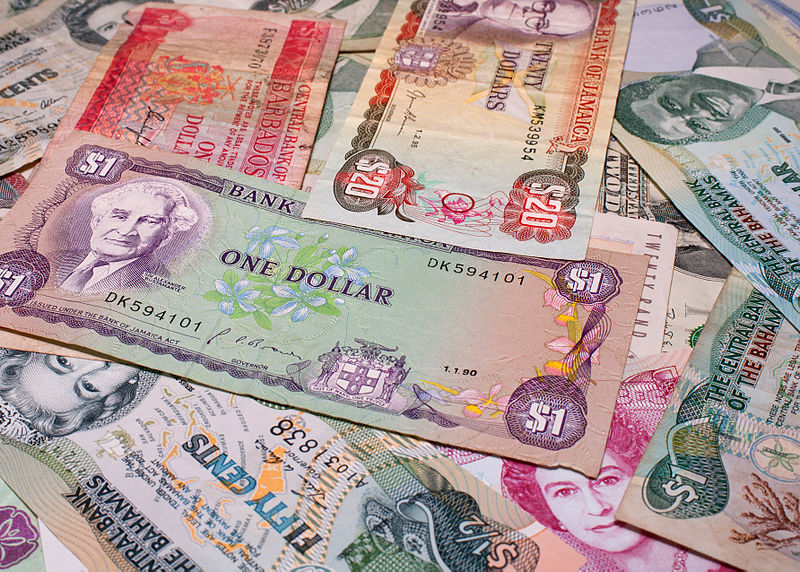CARICOM braces for the worst as economic fallout looms
Chair calls economic situation a “metaphorical bloodbath”
In spite of the influx of financial aids coming from the world’s biggest monetary organisations and the restart of the world’s economy following the lockdown to curb the spread of the novel coronavirus, the Caribbean Community (CARICOM) expects a negative growth in the region as 2020 comes to a close.
Data from the latest World Economic Outlook figures showed that negative growth ranges from as high as -19% in St. Kitts & Nevis to -4% for Haiti.
This does not come as a surprise to a highly-tourism dependent region such as the Caribbean, which has been greatly affected when air travels and cruises were shut down worldwide.
But the 15-strong member bloc CARICOM is bracing for the worst effects of the pandemic.
“With some of these numbers we will see that even an uptick next year is not going to take us from what will be a continuing metaphorical bloodbath,” St. Vincent and the Grenadines Prime Minister Dr. Ralph Gonsalves told his fellow leaders at the Caribbean Economic Forum organised by the Central Bank of Barbados Tuesday night.
The International Monetary Fund (IMF) has projected growth for 2021, but the numbers in the individual countries will not be enough to bring countries back to pre-COVID levels.
“People are being laid off, people are having lower incomes. Government revenues declining, the debt is increasing, the deficit is widening significantly because even in the case of St. Vincent and the Grenadines where we see …our revenues are about five per cent, expenditure is up 20 per cent because we have to take care of people and we have to take care of firms, families and we have to try and get some investments going,” Dr. Gonsalves, the current CARICOM chairman, shared.
The only Caribbean country with a “significant growth economic growth” according to Gonsalves is Guyana, which has oil and gold as strong pillars for continuous revenues.
To alleviate the impact of the pandemic to the region’s economy as countries recover, the CARICOM formed a Commission on the Economy, which leaders will have to report and discuss on feasible plans for the future.
Dr. Gonsalves also revealed that the Caribbean is going to ask more from the international financial institutions, such as the World Bank and the IMF, in “the level of support that we have not seen hither to and we are going to have to have new instruments and new initiatives.”



